#Shindô
Text

Onibaba (1964)
340 notes
·
View notes
Text
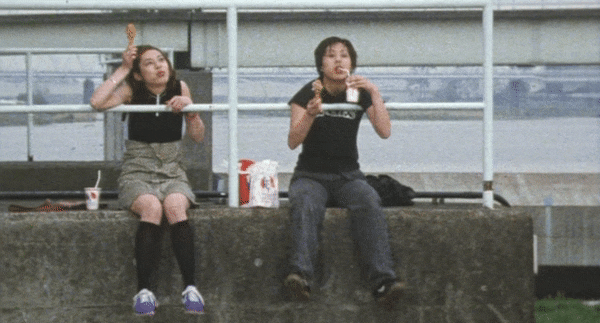

Love/Juice (2000) Dir. Kaze Shindô
173 notes
·
View notes
Photo
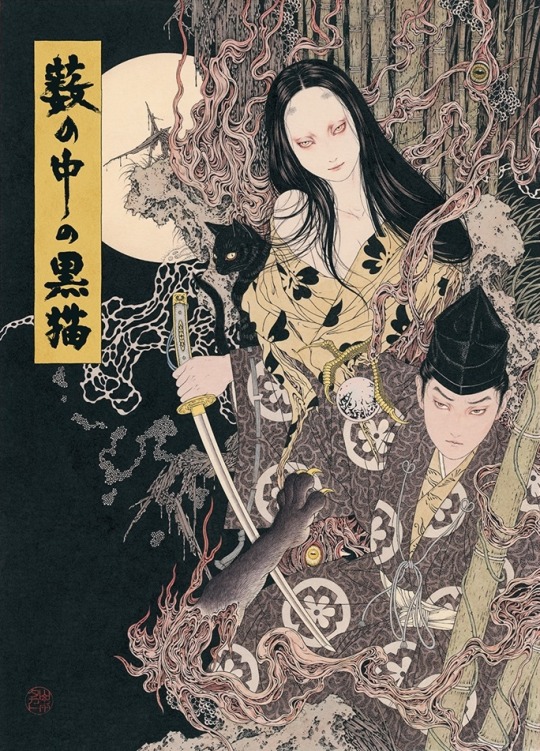
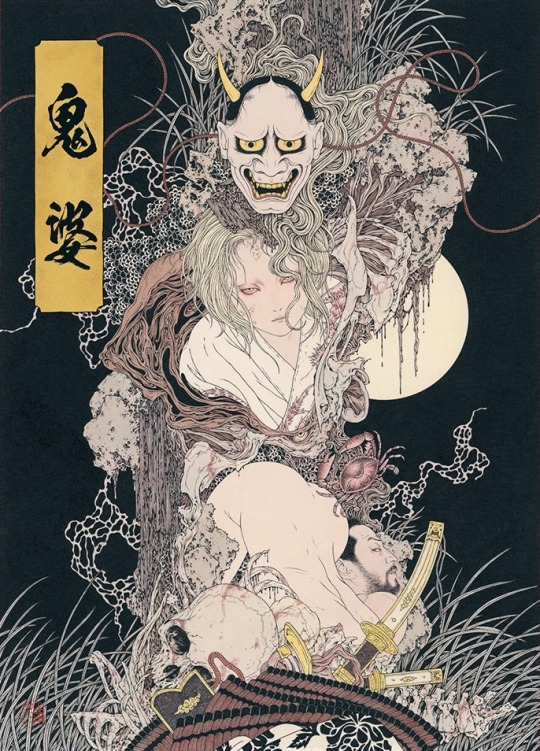
Takato Yamamoto
Kuroneko / Onibaba. 2021
#takato yamamoto#art on paper#dark art#movie posters#art print#2019 original art#japanese horror movies#ukiyo-e style#kaneto shindô#dark city gallery
364 notes
·
View notes
Text
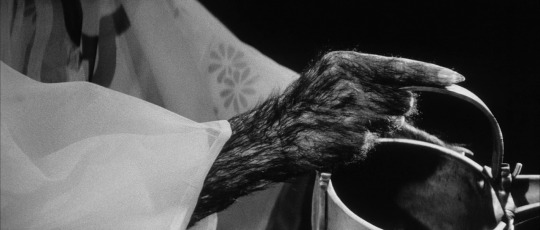
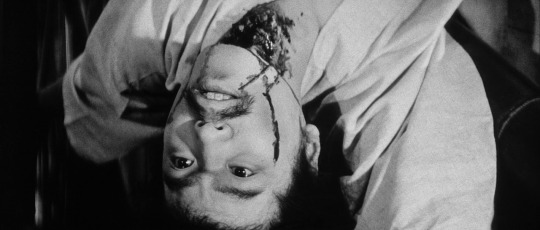


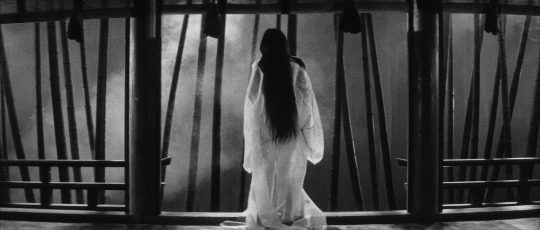
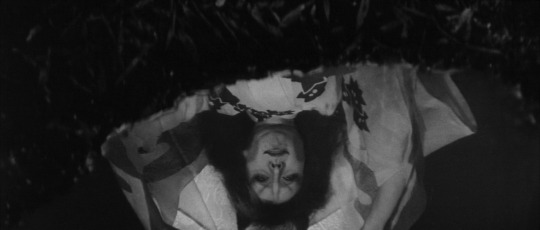
Kuroneko (1968), dir. Kaneto Shindô
#Kaneto Shindô#kuroneko#the black cat#A Black Cat in a Bamboo Grove#Yabu no Naka no Kuroneko#film#cinema
16 notes
·
View notes
Text
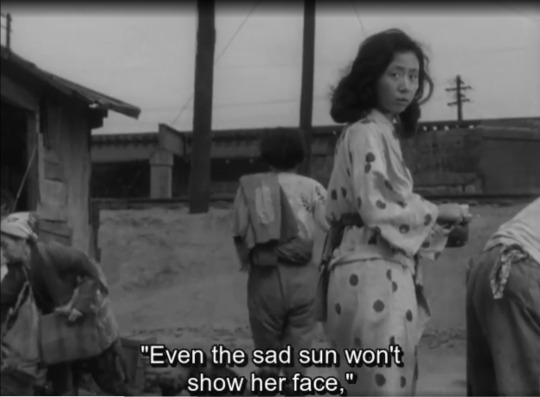
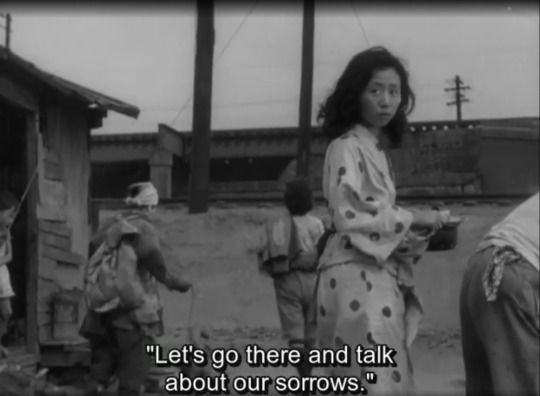
Kaneto Shindô, Dobu (1954)
2 notes
·
View notes
Photo
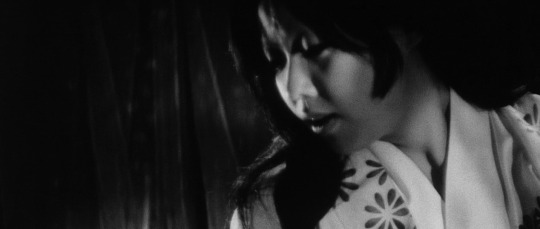

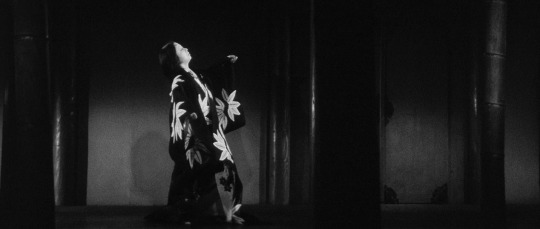
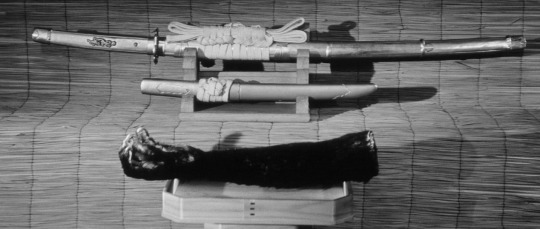

Kuroneko , Kaneto Shindô , 1968.
86 notes
·
View notes
Text



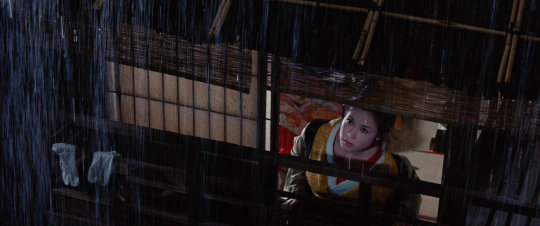


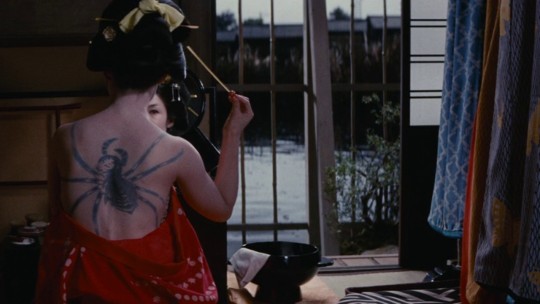


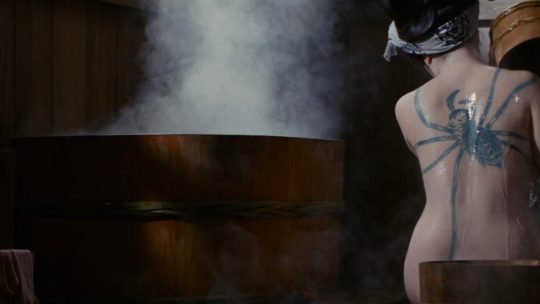
Irezumi (1966)
"See how fascinating this painting is? A beauty trampling the corpses of countless men at her feet, feasting on their flesh and blood to grow and prosper. Tell me... don't you think she resembles you?"
#irezumi#japanese cinema#1966#yasuzô masumura#jun'ichirô tanizaki#kaneto shindô#ayako wakao#akio hasegawa#gaku yamamoto#kei satô#fujio suga#reiko fujiwara#asao uchida#kikue môri#hikaru hayashi#absolutely beautiful film. full of deep‚ rich colours and vibrant detail‚ a masterful composition on a morbid subject#I've loved the other Masumura films I've seen‚ and appreciate his aesthetic focus and eye for detail but this is the first of his colour#works I've seen and it's a whole new level. near perfect in pure visual terms; plotting and script‚ while suitably dramatic#and tragic‚ aren't quite as perfect. centres on a terrific performance from Wakao as a woman transformed from an impulsive and#irresponsible but romantic girl into a cold‚ near monstrous vision of vengeful hatred. arguably Masumura is asking the viewer to look at#Wakao's distorted personality by the end of the film as somewhat grotesque or at least as tragic but i gotta say that in 2023 it's hard not#to feel a frisson of 'good for her' as she engineers the bloody deaths of every man who ever wronged her#the character could perhaps have used a little more nuance and I'd also have liked to have seen more made of the parallels in trading flesh#(both figuratively as sex work and literally as canvas for tattooists) but these are relatively minor gripes. a kind of updated fairy tale#with a moralist slant‚ but a deeply beautiful one. rain swept and blood drenched‚ deep shadows and pale skin‚ flashing blades and#rich fabric folds. sumptuous.
10 notes
·
View notes
Photo

Onibaba (1964)
“I'm not a demon! I'm a human being!”
Director: Kaneto Shindo
Cinematographer: Kiyomi Kuroda
17 notes
·
View notes
Link
#love/juice#Kaze Shindô#Mika Okuno#chika fujimura#lgbtfilm#lgbt cinema#lgbtcinema#lgbt movie#lesbian film#lesbiancinema#lesbian movie#lesbian cinema#queer film#queer movie#queer cinema#queercinema#sapphic film#sapphic cinema#sapphic movie#sapphiccinema#wlwfilmreviews#wlwfilm#wlw movie#wlw cinema#wlwcinema
0 notes
Text






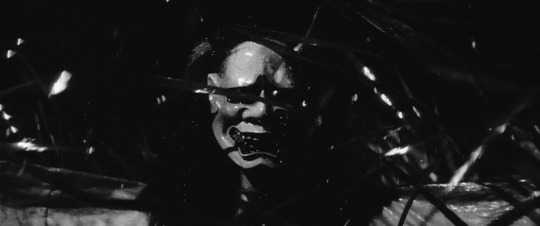
Onibaba (1964) Direceted by Kaneto Shindô
#kaneto shindo#onibaba#film#cinema#movie#movie stills#film frames#cinematography#movies#films#horror film#japanese film#japanese horror
21 notes
·
View notes
Text


Onibaba (1964)
287 notes
·
View notes
Text
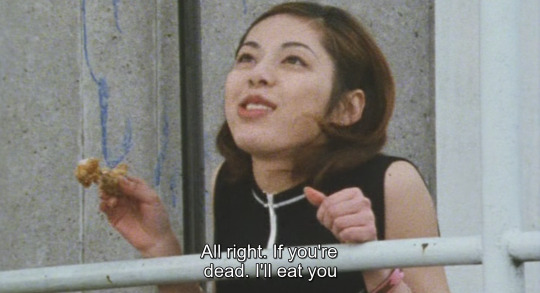
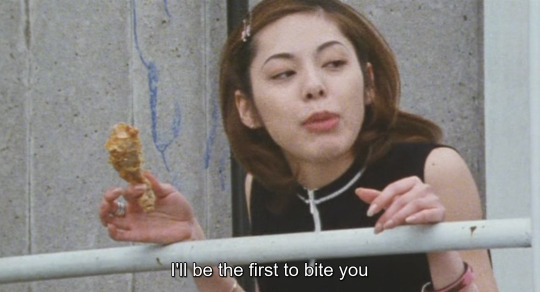

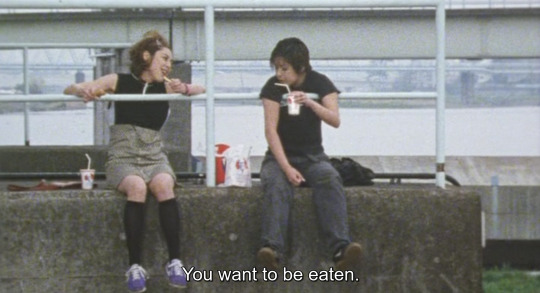
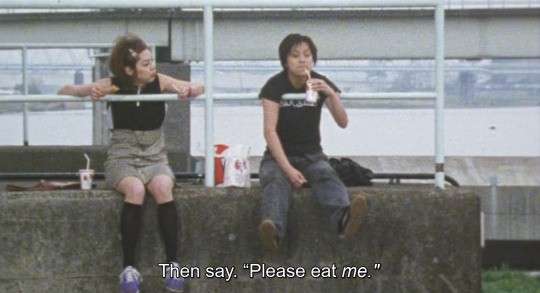
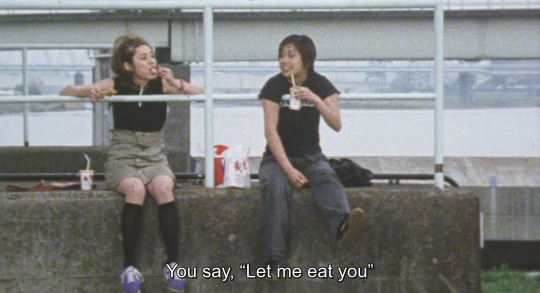
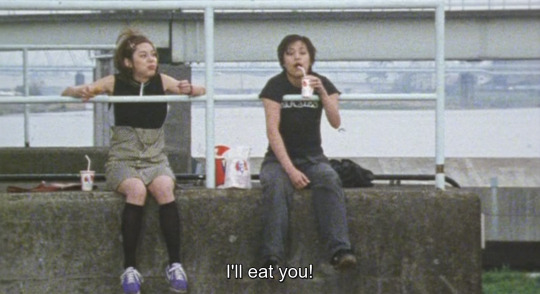
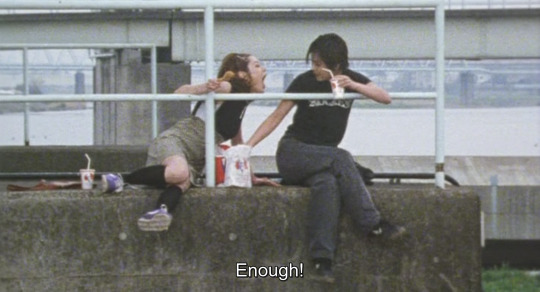
Love/Juice (2000) Dir. Kaze Shindô
29 notes
·
View notes
Text

“I fly aimless from dream to dream Belonging to a thousand years of poetry.”
~•Mahmoud Darwish•~
#Mahmoud Darwish, from ‘Mural’, #poetry #beautiful #Kaneto Shindô , Black Cat
33 notes
·
View notes
Text
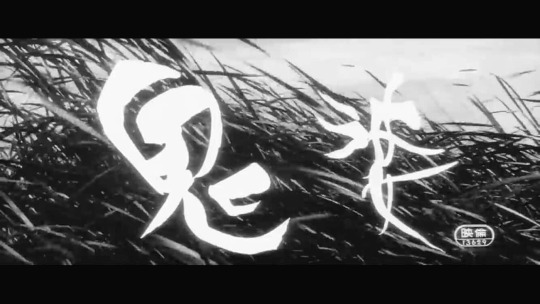
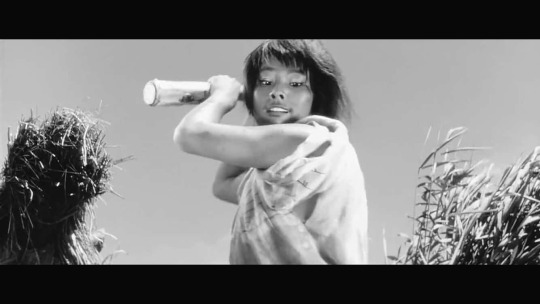
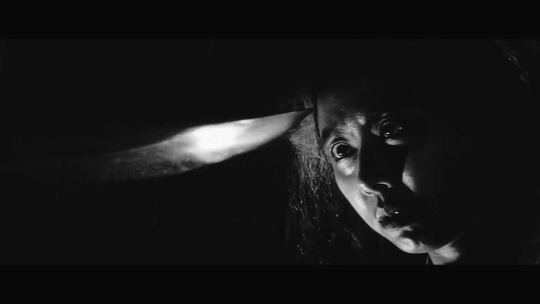
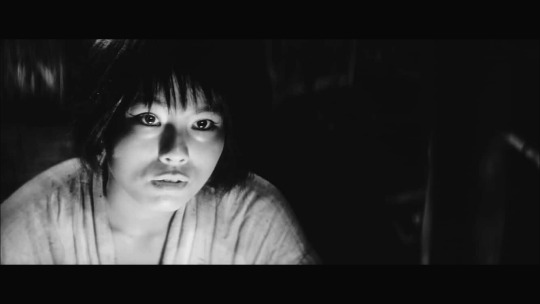
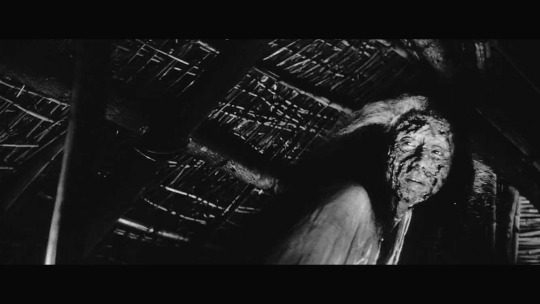
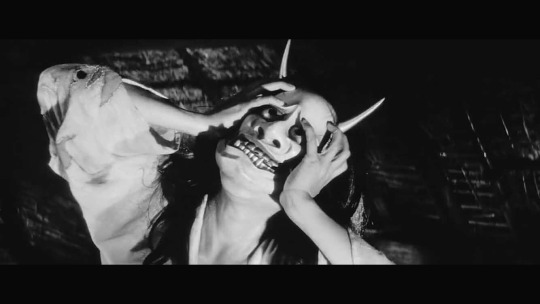
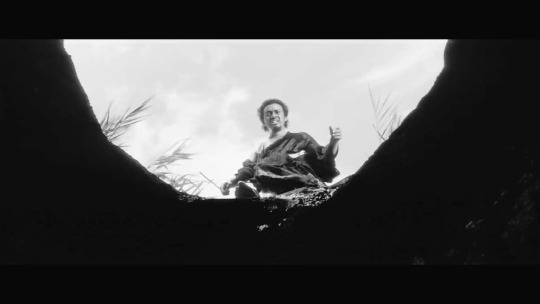
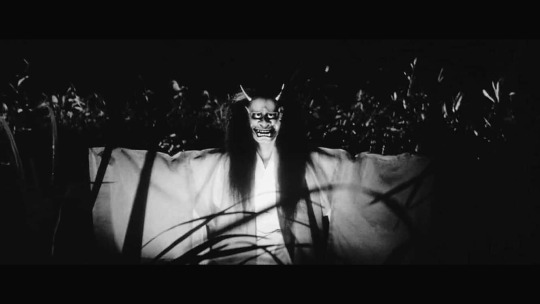
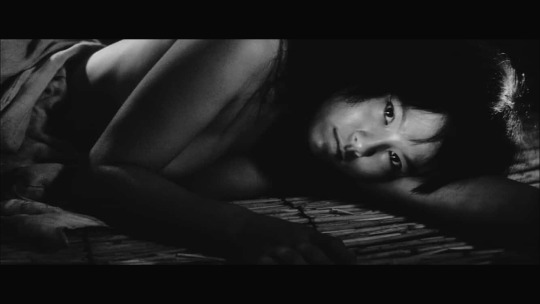
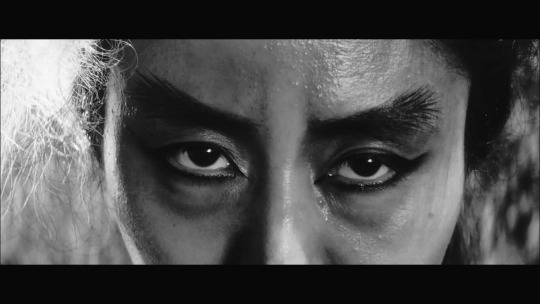
Onibaba (1964)
Dir. Kaneto Shindô
DOP: Kiyomi Kuroda
4 notes
·
View notes
Photo










“The night belongs to Black Lizard.”
Kurotokage (Black Lizard), 1962.
Dir. Umetsugu Inoue | Writ. Kaneto Shindô | DOP Yoshihisa Nakagawa
17 notes
·
View notes
Text
Onibaba (1964)
“Once it's dark, it can't get any darker.”
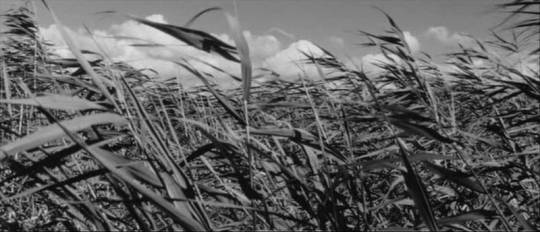
An erotic story often entails jealousy if there are three main characters, but that it eventually ends in a horror scenario is somewhat remarkable. Onibaba (1964) begins with two women, an elderly woman and her daughter-in-law, who live in a remote field full of reeds in fourteenth-century Japan. They kill lost samurai, sell their belongings to the local merchant and then throw the samurai into a deep well in the middle of the reeds.
It's a lonely and insecure life, but as long as they can earn a living, they don't think about leaving. Everything changes when their neighbor (Hachi) returns one day after escaping a battle between two clans. He's not attractive or charismatic, but for the daughter-in-law, he's good enough for some fun. Jealousy kicks in when the older woman finds out and she decides to take matters into her own hands.
Onibaba is based on an old Buddhist parable about a woman who tries to frighten her daughter-in-law because she leaves the house every day to go to her master. She fails and Buddha punishes her. What Onibaba adds to this story is an element of eroticism. The film shows a surprising amount of nude and explicit scenes.
The erotic scenes are an important part of the plot and aren’t used to keep the viewer awake. Onibaba is not a horror film from the first minute. It's a slow tale of jealousy that slowly but surely turns into a horror scenario. Although the horror element comes late, a certain tension is created by the ominous gaze of the mother-in-law and her secret pursuit of the two lovers.
The Buddhist parable is of course religious in nature, but Onibaba is not. Yet the essence of the story has remained the same; acts of revenge are punished. Early on, the film hints that an ominous end is coming. Director Shindô does this in a very clever way by involving the set in the plot. During the scenes that take place at night, there is a strong wind blowing on the field of reeds.
The reed protrudes high above the characters and this creates a sinister atmosphere. There is already little to see through the reeds and at night the characters feel completely in the dark. And although the women look innocent, they are murderers in the end. The film even begins with the murder of two unsuspecting samurai who are stabbed by the women. No one is safe in the high reeds, not even the strong warriors of the Japanese clans.
Onibaba leaves a strong impression on the viewer. It's a mysterious film that takes an unexpected turn as the story develops and makes the viewer think about how far you can go to survive. With all its consequences.
#onibaba#onibaba 1964#Japanese cinema#asian cinema#movies#films#film#cinema#60’s cinema#horror cinema#filmista#review#film review#movie review#analysis#film analysis
1 note
·
View note